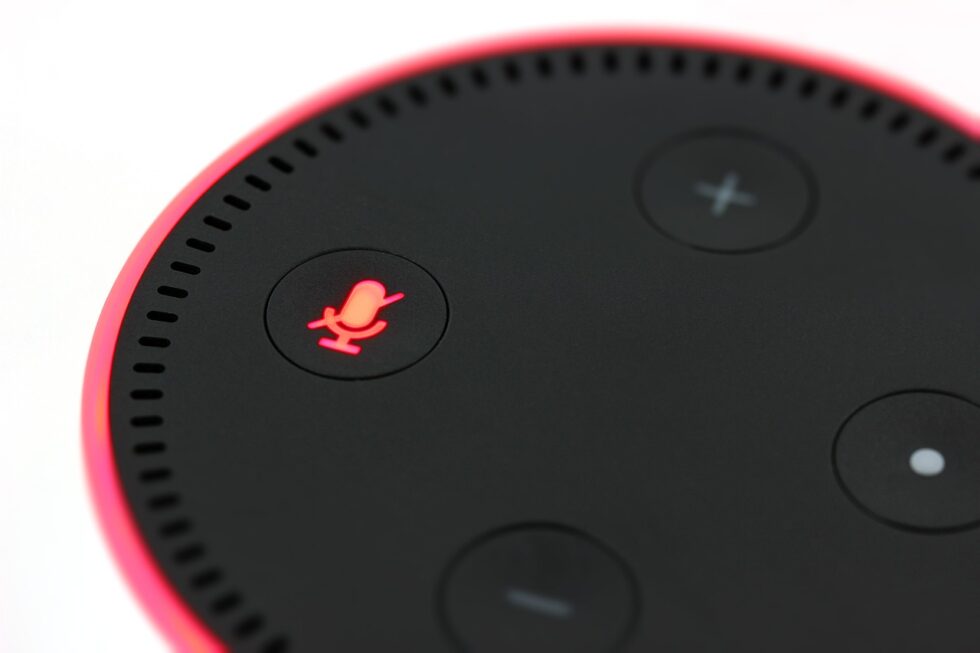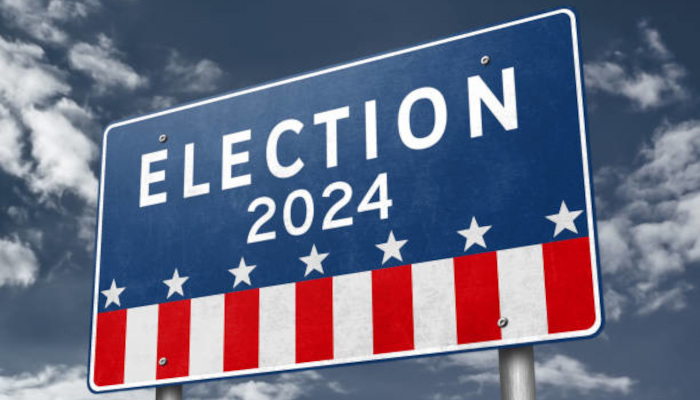
It’s a US capitalist revolution, but its voice, geared towards domestic politics, is backfiring internationally, undermining the president and the country.
What is fairer? The rock show of the richest man in the world, Elon Musk, brandishing a chainsaw and promising to cut civil servants’ jobs (i.e., take wealth from the poor and give it to the rich); or the stilted image of nine technocrats in ties and suits on a pedestal ordering around all of China’s fat cat entrepreneurs? In freewheeling America, the glittering rock show could look fairer than the iced picture in Beijing. But in parts of the world wary of the power and abuses of the rich, it could be the other way around.
Is the United States thinking of this global projection? China is certainly well aware of what it wants to communicate. It may be that the US is sick and tired of the fatigue of global projection and is now thinking of its own people at home. China is the opposite; in the past, it concentrated on itself and is now projecting a global image. So is Russian with his reactionary neo-czarist project.
Will Musk’s overexposure fuel egalitarian social resentment, and how will that resentment be managed? Now, the cultural hegemony for Third-Worldism is not communism but radical Islam. Nobody is priming Christianity, a historical social cushion between subversives and the old social order leaving all more naked.
The US has ushered in a radical, unprecedented capitalist revolution. But past revolutions were of the poor (many) against the rich (few). This revolution may work in America, worshiping the success of the few “winners” against the failures of the many “losers,” but it may flounder globally, where the rich historically have to survive the social envy they carry on their bespoke attires.
Capitalist revolutions
In fact, past pro-capitalist mass movements didn’t flaunt liberal ideas but national-socialist tenets. Musk now boasts a pro-Hayek fervor. Hayek fled Nazi Germany. It’s not clear how one can square liberalism with national-socialist urges: Liberalism can be proud of capitalists; national socialists need to hide them.
Moreover, in old-fashioned Europe, for centuries part of the American soul, what is more reliable: a president who issues policies on social media, changing priorities every day, or an emperor-like party head consistently issuing the same notion through official channels like an oracle? In Europe, even the cynically rational authoritarian Russian President Vladimir Putin sounds more credible with his consistently cold-blooded statements than the emotional and erratic utterances of US President Donald Trump.
The muddle creates all kinds of errors. The Chinese may think that if Europe has been US-forsaken, it must turn to someone else. It is a perceptual mistake, seeing things from too far away. Europe, as something different from a geographic expression, didn’t exist before the Americans invented it after 1945, at the end of WWII, and reinforced it after 1989, at the end of the Cold War. Both times, it served as a barrier against Russia. For “Europeans,” the US bypassing Europe and reaching Russia means the end of political Europe and unlocking the gates of hell.
In fact, without the Americans, there are different countries, ill-defined territories, and cities that have been in constant war with each other and anyone on their way for 3,000 years of history. It is one of the most bellicose and bloodthirsty parts of the world. For the first time in 3,000 years, America gifted Europe with 80 years of peace. Europeans are reasonably afraid they’ll plunge into war once more without America, and despite whatever “European” rhetoric of continental unity, the drive for a greater European defense comes again from America, not Europe.
Gordian knots
But a mistaken perception will engender more mistakes.
And it’s more than that. Trump has touched and is touching deep chords, desires for radical change, for simple solutions, feelings of annoyance, anger, and frustration that have a thousand causes and are present in America and worldwide. He is able to channel them to his advantage and convey them without apparent restraint.
Yet his voice is set to a domestic acoustic; abroad, the sound gets distorted, and it may be becoming deafening, blasting back. Power, i.e., potentiality, gets consumed and exhausted once it’s used. It grows in inverse proportion to its use — the more it’s used, the less power you’ll have; the less you use it, the more power you’ll have. From this comes the theory about the use of “soft power,” which is grounded in hard force.
A century ago, US President Theodore Roosevelt famously put it with the phrase “Speak softly and carry a big stick; you will go far.” Abroad, many of Trump’s gestures and utterances sound like just the opposite: “Speak loudly and carry no stick; you won’t go far.” It may be a distortion from domestic politics. In the US, nobody doubts the power of the US president; abroad, many are conversely eager to undermine that power.
Here lies the most difficult issue, as Norwegian philosopher Christine Meyer pointed out — how to square domestic and foreign acoustics. Despite growing reciprocal annoyance, neither can live without the other. Less global clout will, in time, translate into less domestic pull. Trump and America need to face the issue before it becomes a Gordian knot — to be untied with a sword.
finis










L'eco estera di Trump - SettimanaNews